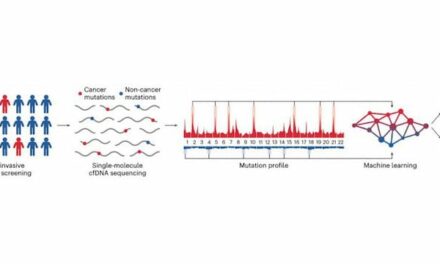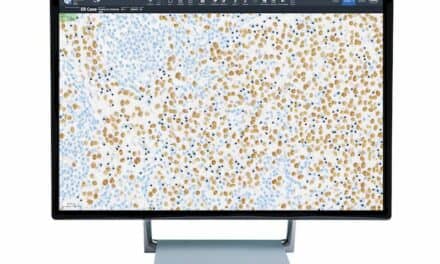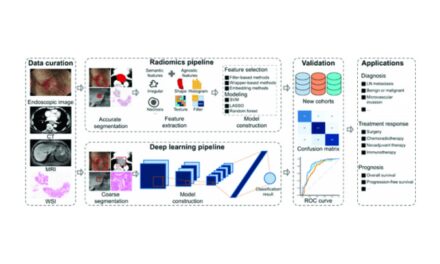The New York State Department of Health has granted final approval for use of the Rosetta kidney cancer test on patient samples from the state. The test is offered by Rosetta Genomics Ltd, a leading developer and provider of microRNA-based molecular diagnostics and therapeutics.
The kidney cancer test is Rosetta’s proprietary microRNA-based assay that can classify the four most common kidney tumors: clear cell renal cell carcinoma (RCC), papillary RCC, chromophobe RCC, and oncocytoma.
New York is the only US state that requires an independent regulatory review process for laboratory-developed tests. Rosetta Genomics has been offering its kidney cancer test in New York under conditional approval since December 2013. With this final approval, each of Rosetta’s cancer testing services now has full New York State approval.
A blinded independent validation set of 200 samples was studied to measure the performance of the Rosetta kidney cancer test. Of the 184 samples that produced a result, 174 were classified correctly, demonstrating 95% accuracy or sensitivity, with 98% specificity.
According to Kenneth A. Berlin, president and CEO of Rosetta Genomics, differential diagnosis between various types of kidney tumors remains challenging, and can lead to unnecessary surgeries. “There are approximately 65,000 new cases of primary kidney tumors and 13,000 deaths per year in the United States—and the incidence is rising,” says Berlin. “Unfortunately, nearly 25% of patients who have a kidney removed for presumptive RCC, turn out to have benign oncocytomas, which are safely monitored without nephrectomy.
“This failure of preoperative diagnosis is in part the result of the small number of preoperative biopsies, as only about 9% to 10% of patients have a preoperative biopsy,” he adds. “We believe there is an opportunity to improve the standard of care in this setting through the use of our assay.”
In addition, Berlin notes, the introduction of new, molecularly targeted therapeutics makes the correct identification of subtypes critically important for choosing the correct treatment—including patient selection for clinical trials of new therapeutics in development.
“With its sensitivity of 95% and specificity of 98%, we are confident this assay can be a useful tool for pathologists and oncologists,” says Berlin. “We are very pleased to have final approval to market this important cancer diagnostic for the benefit of physicians and patients in New York.”
Founded in 2000, Rosetta’s integrative research platform combining bioinformatics and state-of-the-art laboratory processes has led to the discovery of hundreds of biologically validated novel human microRNAs. Building on its strong patent position and proprietary platform technologies, Rosetta is working on the application of these technologies to the development and commercialization of microRNA-based diagnostic tools and therapeutics.
Rosetta currently commercializes a full range of microRNA-based molecular diagnostics. Rosetta’s cancer testing services are commercially available through its Philadelphia-based CAP-accredited, CLIA-certified lab. For more information, visit Rosetta Genomics.





